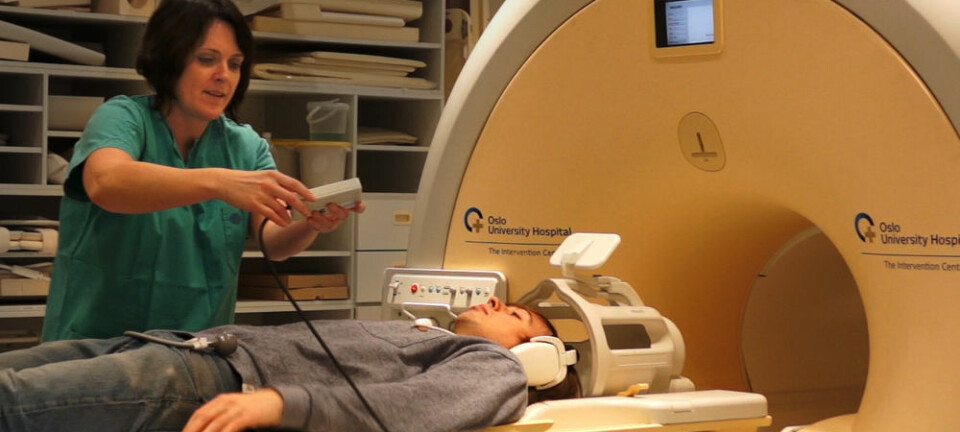An article from University of Oslo

Genetic findings may elucidate the mystery of MS
48 new genetic variations that increase the risk of MS have been identified. This could form the basis for development of more effective treatment for the disease.
Denne artikkelen er over ti år gammel og kan inneholde utdatert informasjon.
The number of known genetic variations that are associated with multiple sclerosis (MS) has nearly doubled since 2011. This provides new and valuable insight into the mechanisms of this disease.
Researchers now know of 110 genes that occur more frequently in MS patients than in healthy persons. Each of these 110 genetic variations adds a small risk of developing the disease. In total, they can explain approximately 20 per cent of the genetic component of the disease.
Since the researchers now have better knowledge of the genetic variations that are associated with MS, it has become easier to study the cells and molecules that are involved in the development of the disease.
"In the long term, this result may help create a basis for the development of more effective drugs for MS," says Hanne F. Harbo, who is one of the researchers behind the study. She is Professor at the Institute of Clinical Medicine and Senior Consultant at the Department of Neurology at Oslo University Hospital.
Historically large study
The study is epochal – never before has a genetic study of this magnitude been undertaken among MS patients. The MS study is the result of a collaboration between 13 countries, and 193 researchers have been involved. They have analysed DNA material from 30 000 MS patients, checking it against 50 000 healthy persons.

The study was published in the journal Nature Genetics.
The immune system is the key
Many of the genetic variations now identified by the researchers have an effect on the immune system. This underscores the key role of the immune system in the development of MS, which is an autoimmune disease, causing the immune system to react to certain parts of the affected person’s own tissue.
We still fail to understand the reactions of the immune system in MS. The autoimmune reaction gives rise to an inflammation in the central nervous system in the brain and the spinal cord.
As a result, the insulation material around the nerve cells, the myelin, is destroyed. The myelin protects the cells and helps them conduct nerve signals faster. When this is destroyed, the nerve cells cease to function.
Hopefully, the genetic discoveries that have now been made can help give us a better picture of what really happens in MS.


































